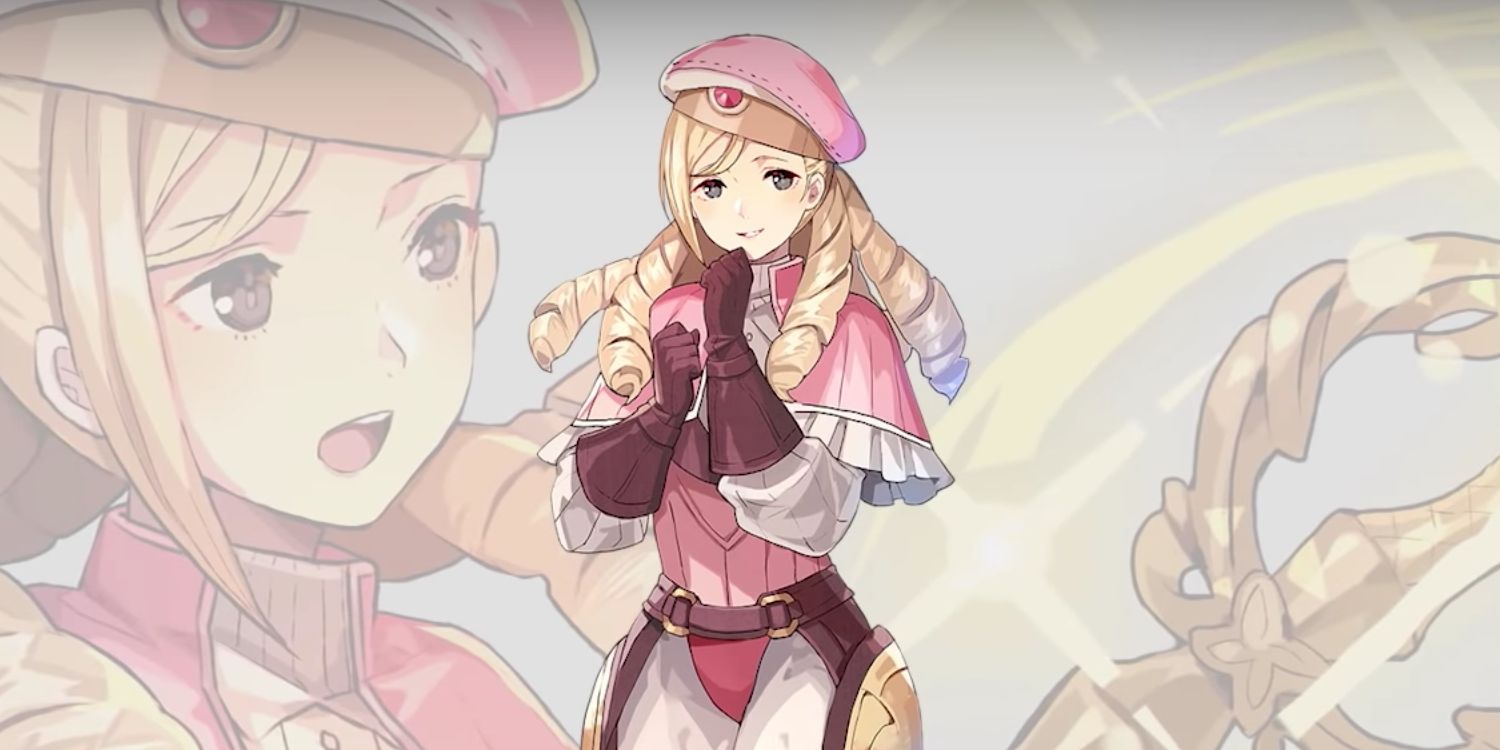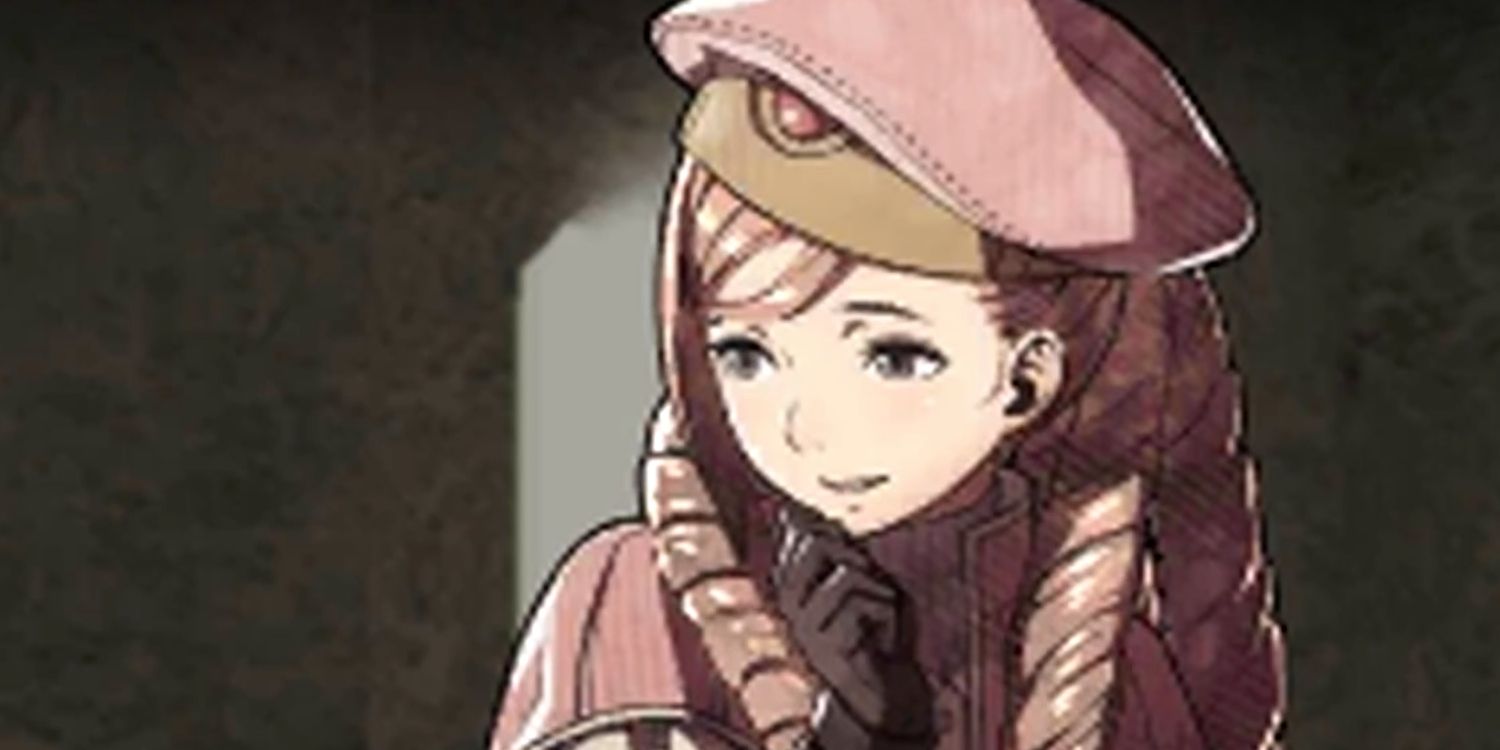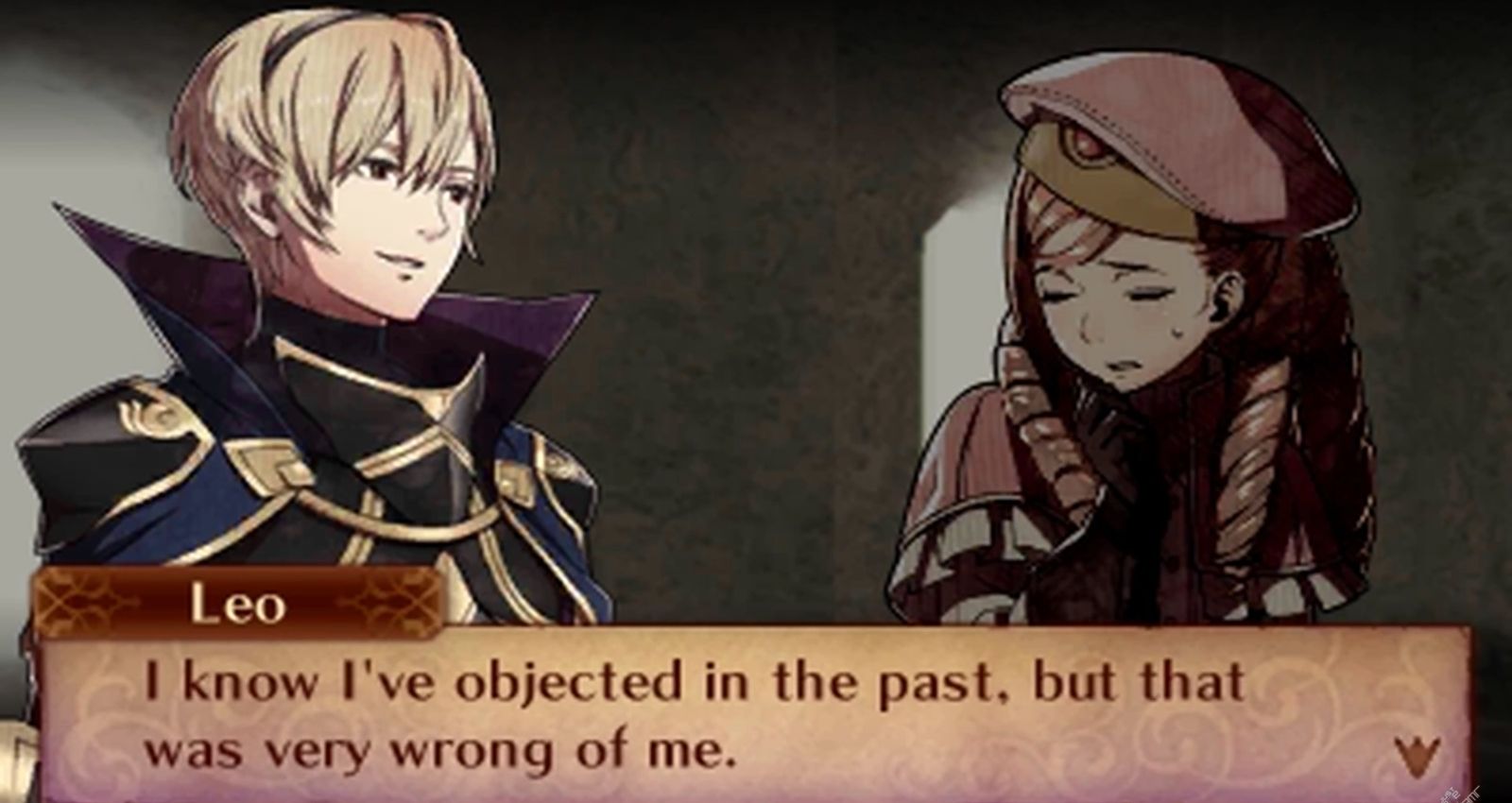Now that some time has passed since release, it seems Fire Emblem Fates is perhaps the series' most divisive game. The game sought to build upon Fire Emblem Awakening's franchise-saving success with a complex, branching story about family rivalries, political intrigue and conflicting loyalties. But while Fates has its fans, controversial mechanics and the decision to split the game into three separate titles that had to be purchased separately kept it from reaching Awakening's heights. The marriage and child unit system is one of these divisive mechanics.
Fans enjoyed these units in Awakening for their potential and customization options, and Awakening's time-travel plotline justified where they had come from. But Fates' explanation (that parents sent their infants to the Deeprealms, where time moves differently and the children could grow up safely) was a bizarre cop-out to bring the mechanic back. Still, some of these characters are pretty interesting, and the best of them is Nohrian Prince Leo's son, Forrest.
Like the other child characters, the first time players meet Forrest is in his Paralogue, which can be unlocked by having Leo achieve an S-Support with another character. In it, Leo and his sister, Elise, are going to visit Leo's son in the Deeprealm, though Leo seems hesitant to go. When the two receive news that a town is under attack and a beautiful young woman is trying to heal the wounded, Leo rushes to help.
Upon arriving in the village, Elise is surprised to hear the "beautiful young woman" call Leo "Father." Initially, Elise questions if Leo has a secret daughter, but she's happy to learn that this is really her nephew, Forrest. But while Elise may be happy to see Forrest, Leo isn't. The prince is disappointed by his son's feminine appearance and calls him a disgrace. Forrest admonishes Leo for his cruelty and leaves, only to run straight towards some ruffians who take him as a hostage.
Following the battle to rescue him, Forrest tells Leo he is returning to the Deeprealm and calls his father "unworthy" of him. Before he can go, he's stopped by a boy who insists on giving him a broach as thanks for healing him and his family after the brigand attack. Seeing this, Leo realizes that his son is a hero, and expresses pride and regret over the situation. After admitting that he is unworthy of being his father, Leo invites Forrest to leave the Deeprealms and live with him, which Forrest agrees to in order to spend more time with his Aunt Elise.
While Forrest is canonically neither gay nor transgender, he confirms to several characters that he's only attracted to women and tells Corrin that he doesn't see himself as a girl. Forrest is a rare example of a straight male character who is not ashamed to express his femininity. And though gaming could use more representation in regards to trans and non-binary characters, what Forrest represents is still important.
Forrest also avoids the typical tropes concerning gender non-conforming children and their fathers. When Leo rejects him, Forrest remains true to himself, never questioning whether he is in the right for doing so. Later, Leo's support conversations with Forrest show continuing him to admit to his mistake and showing interest in his son's passions. The game never sympathizes with Leo's struggle to understand his son, only with his acceptance and love for him. It's Leo who must earn his son's forgiveness rather than Forrest having to try to earn (or learn to accept the lack of) his father's approval.
Additionally, Forrest is shown to be a kind and incredibly empathetic young man. His later supports with his father show Leo discussing the prospect of passing down the powerful tome Brynhildr to his son someday. Forrest worries about what taking on that kind of responsibility and power will mean, not wanting to take control of something with the potential to do harm without thinking it over.
Other supports show that he's sensitive to other's judgment of him not out of personal offense, but because he worries about how those who judge him treat others. Though he may be the product of a questionable mechanic that adds more plotholes to Fates' already controversial story, Forrest is still an interesting and powerful character.



